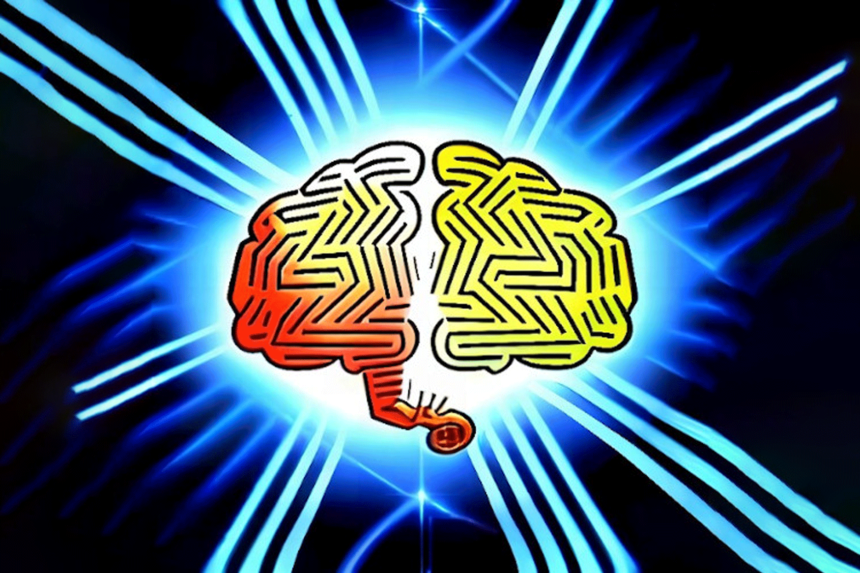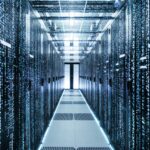The “qubits” that make up quantum computers can assume any superposition of the computational base states. This allows quantum computers to conduct new tasks in conjunction with quantum entanglement, another quantum property that joins several qubits in ways that go beyond what is possible with classical connections.
The extraordinary fragility of quantum superpositions is the primary obstacle to the practical implementation of quantum computers. In fact, errors that quickly shatter quantum superpositions are caused by minor disturbances, such as those caused, for example, by the environment’s pervasive presence. As a result, quantum computers lose their competitive advantage.
To overcome this obstacle, sophisticated methods for quantum error correction have been developed. While they can neutralize the effect of errors, they often come with a massive overhead in device complexity.
In a new study, scientists from the RIKEN Center for Quantum Computing used machine learning to perform error correction for quantum computers. Through this, they took a step forward in making these devices practical.
In particular, scientists used an autonomous correction system that, despite being approximate, can efficiently determine how best to make the necessary corrections.
This study used machine learning to find error correction methods with low device overhead and high error-correcting performance. To do this, they focused on an autonomous approach to quantum error correction, in which a skillfully created artificial environment replaces the requirement for performing regular error-detecting measurements. They also studied “bosonic qubit encodings,” which are, for example, used in some of the most promising and common quantum computing devices now accessible and built on superconducting circuits.
The vast search space for bosonic qubit encodings poses a challenging optimization problem that scientists attempt to solve with reinforcement learning. This cutting-edge machine learning technique involves an agent exploring an environment that may be abstract to learn and improve its action policy. As a result, the team discovered that an approximative qubit encoding that was unexpectedly simple could not only significantly reduce device complexity when compared to previously proposed encodings but also exceed its rivals in terms of its capacity to repair errors.
Yexiong Zeng, the first author of the paper, says, “Our work not only demonstrates the potential for deploying machine learning towards quantum error correction, but it may also bring us a step closer to the successful implementation of quantum error correction in experiments.”
According to Franco Nori, “Machine learning can play a pivotal role in addressing large-scale quantum computation and optimization challenges. Currently, we are actively involved in several projects that integrate machine learning, artificial neural networks, quantum error correction, and quantum fault tolerance.”
Journal Reference:
- Zeng et al. (2023) Approximate Autonomous Quantum Error Correction with Reinforcement Learning. Phys Rev Lett. DOI: 10.1103/PhysRevLett.131.050601




